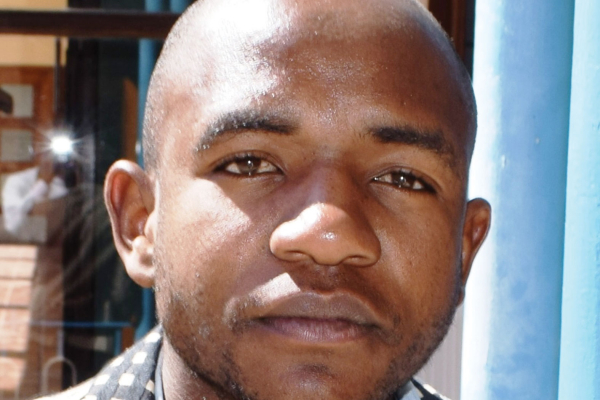
LITERATURE is primarily a record of what a people has gone through, and what they could still be going through. This is quite evident in Benjamin Sibanda’s When Freedom Came.
By Beniah Munengwa
Author: Benjamin Sibanda Title: When Freedom Came Publisher: Createspace Independent Publishing Platform (2016) ISBN: 1540703177
Written by a man in his sixties, the text echoes with authenticity because it is relayed in the narrative voice of experience.
The narrator has seen “freedom” coming and this is further enriched by his experiences while studying Economics in Wales in the United Kingdom and having worked in both the private and public sectors in Zimbabwe during the exciting phase of independence.
Against this backdrop, one realises the text relays several economic perspectives.
This is one book I recommend that Zimbabwean legislators should definitely read and take stock of, whether or not they have lived up to the people’s expectations.
The plot is well-driven by the character Godknows, a well-brought up Christian boy who, after failing to find an opportunity to study in colonial Rhodesia, finds himself in England with the hope of coming back to “rebuild” Zimbabwe.
- Chamisa under fire over US$120K donation
- Mavhunga puts DeMbare into Chibuku quarterfinals
- Pension funds bet on Cabora Bassa oilfields
- Councils defy govt fire tender directive
Keep Reading
A reader might think that sexual abuse of women seeking scholarships to study abroad, ethnic divisions even in black Diasporan politics, ignorance of the white folk on the exact socialisation of the African man are the worst elements of society as rendered in the text.
But wait until Godknows comes back.
Unfortunately, after having been warned not to, that is when the text starts to highlight how freedom came — with a selected few having too much freedom to manipulate others.
Although the narrative voice is intellectual, seeking to speak on behalf of characters in most instances, it best captures beyond doubt what has put post-independent Zimbabwe in its current socio-economic mess.
Tenders are given to not just black people, but black people who either genuinely fought the war of liberation or were mere card holders of the ruling party.
This is shown to be a Pan-African problem in much of Africa.
Poor remuneration in government and political manipulation by ministers are also shown as the major pitfalls of the African political and economic landscape and this is a predominant theme in African literature as it also recalls Ayi Kwei Armah’s The Beautyful Ones Are Not Yet Born.
The text is like a mirror that best reflects how freedom became a blessing for an opportunistic few at the expense of the majority.
The climate brewed does not, at any point allow the dream of rebuilding the country to be realised.
In the mirror, a rude landscape is presented. Sibanda must be applauded for taking the picture that we see every day — that of a few men driving expensive cars on dilapidated roads and yet still not caring about the rest of the population that is condemned to eternal cycles of poverty.
The author successfully juxtaposes the political landscape of Africa and that of the Western world, as the latter is shown to demonstrate that a family can have as much as everyone sharing diverse opinions and yet still managing to achieve unity.
The title, When Freedom Came, is allusive of two different types of liberation.
Firstly, there is political liberation and the liberation from the bondage of false love, imprisonment and re-engagement.
As much as the text is a political one, it takes a great deal in painting a flawed social picture.
It turns up to be a tutorial, as it shows how corruption started and how love is often flawed.
It has an overlapping intellectual voice of the author, but for being a first time author, he can be forgiven.
The books’ aesthetics are well thought-out, with good quality production.











